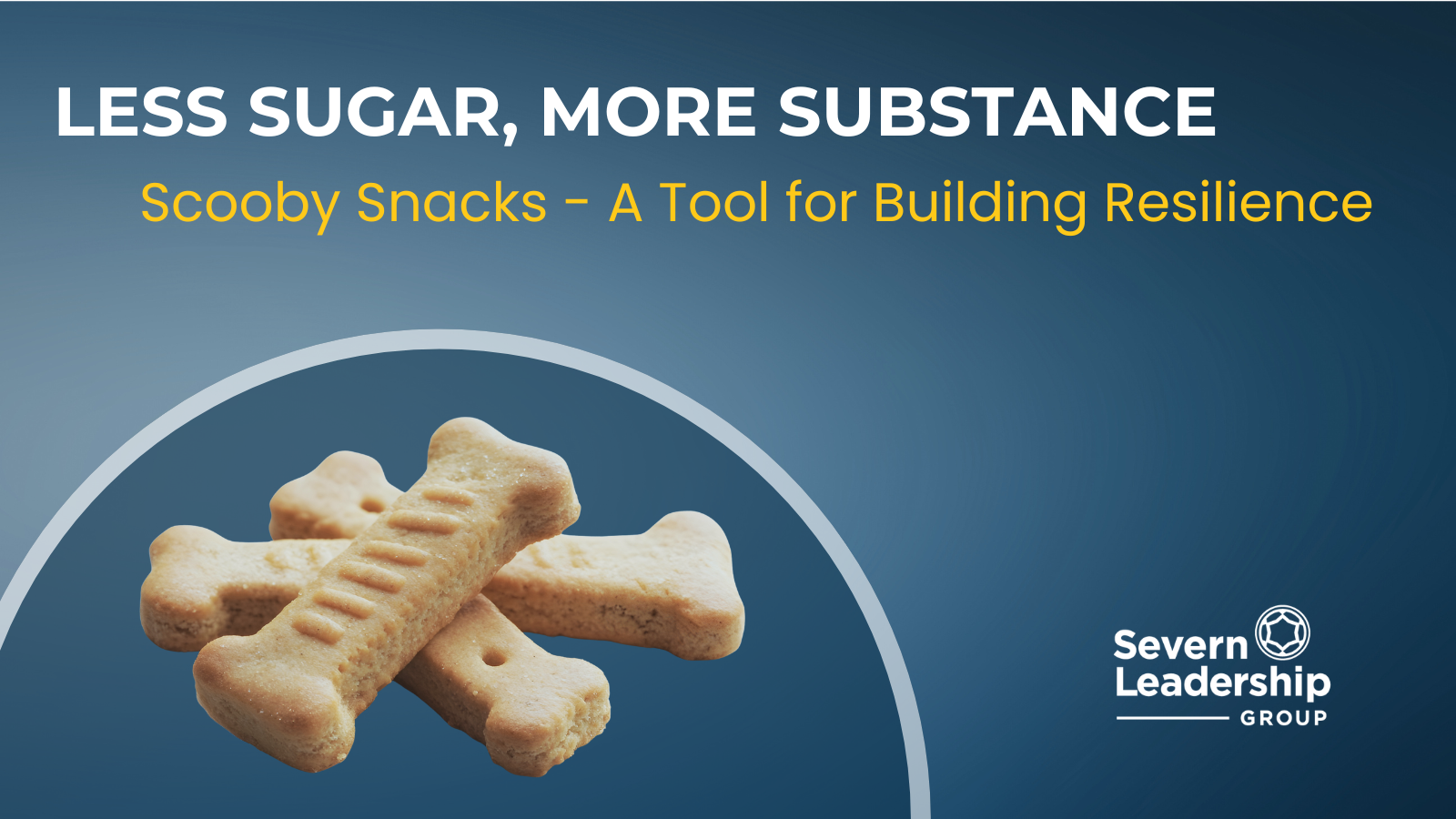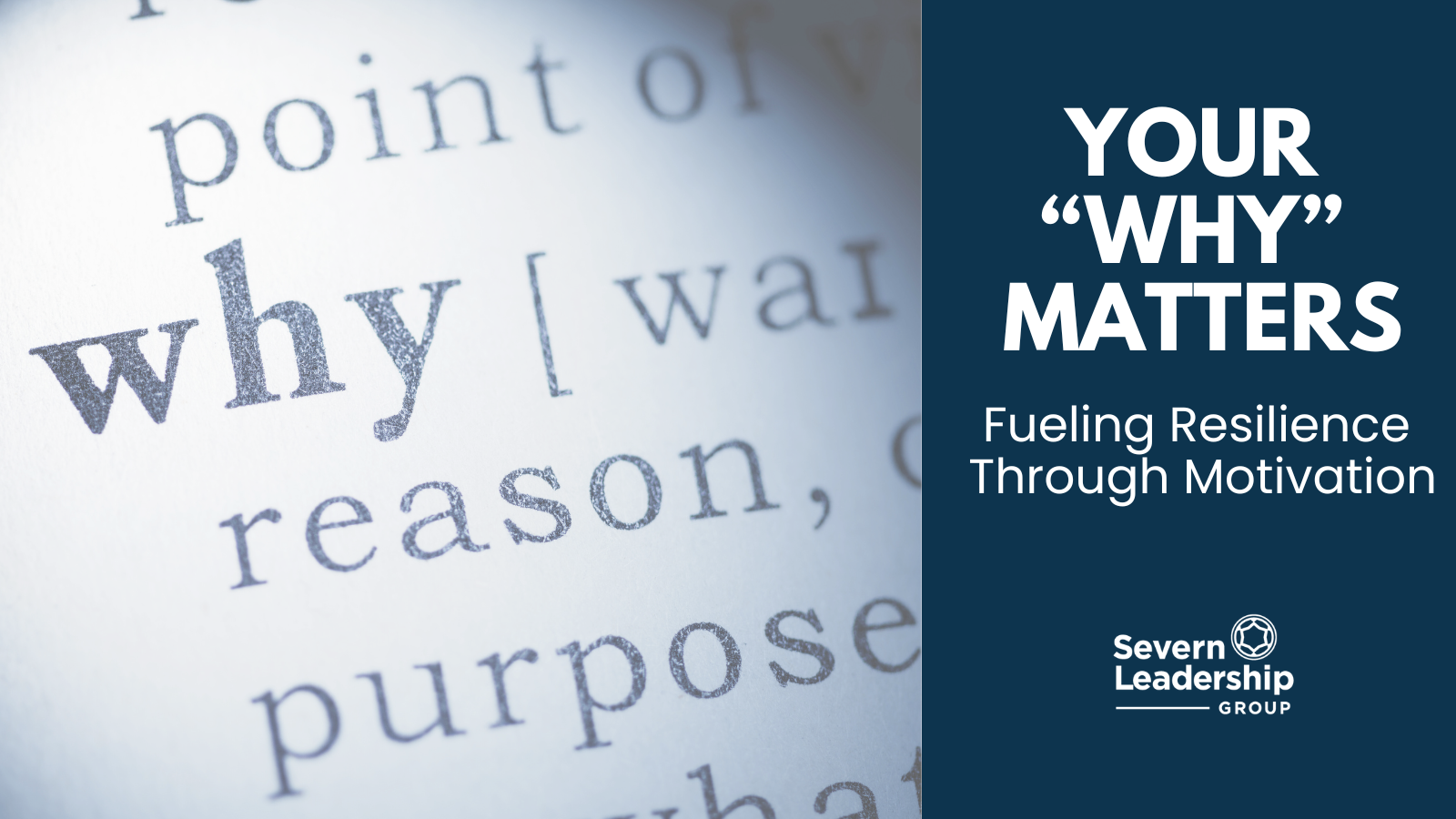The Most Essential Skill for the Modern Leader
Leaders who are conscious of their emotional intelligence and work to [improve upon it] are high performers.


Late in my career, as a Head of School (Headmaster) I was introduced to the Severn Leadership Group (SLG). The Mission of SLG is to prepare the next generation of virtuous leaders. Sig Berg, the founder of the program and author of “Swing,” a book that describes the essence of the SLG program, has identified the virtues and skills needed for virtuous leadership and high performance teams. I wish I would have had Sig’s model earlier in my life.
Sig and SLG have identified 6 virtues that are modeled by the best leaders. They include: Love, Integrity, Truth, Excellence, Relationships and Courage (LITER + C). SLG believes that great leaders demonstrate and model love, integrity, truth and excellence in all they do while developing relationships with the people with whom they lead and interact. Love, integrity, truth and excellence lead to strong relationships. Courage is needed because leaders find that their virtues will be challenged. Without the courage to uphold one’s virtues, consistency and high performance cannot be achieved.
SLG has found that leaders who are conscious of their emotional intelligence and work to strengthen various elements of emotional intelligence are high performers. During the SLG Fellows Program, the Fellows complete the EQi-2.0 instrument that shows how they compare with other leaders in the 16 areas of emotional intelligence measured.
In the current rendition of my life, I work with partners at Educational Directions to assist schools as they search for new leaders. While meeting candidates for the head of school and other leadership positions, we are mindful of the specific needs of each school. At the same time, I have found that learning about the virtues embraced by candidates combined with their emotional intelligence is predictive of people who will be strong successful school leaders.
While it is not necessary for a candidate for a leadership position to use the same language used by Severn Leadership Group or EQi, I want to learn that aspiring leaders have had experiences and a track record of developing strong relationships. I want to learn the process they use in developing and maintaining relationships. I also want to learn how they respond when they face obstacles while building or retaining relationships.
Asking someone directly how he/she has demonstrated courage when standing up for a member of their community is very revealing. Similarly, learning how the candidates deal with people or events that are not consistent with the values of the community is informative about one’s integrity and, quite possibly, also their courage.
Some organizations like to have applicants take the EQi-2.0, Hartman Survey or other instruments that reveal information about the candidates current ability and tendency toward judgment making, interpersonal relationships, optimism, self regard and self actualization, to name a few qualities. EQ-i also provides information on one’s tendency toward reality testing, impulse control, stress tolerance, empathy and assertiveness. Who wouldn’t want to know how our leaders will apply those areas of emotional intelligence? I believe all leaders benefit from knowing as much about themselves as possible.
The norm referenced instruments mentioned above are useful but not the end all in the discovery process of high potential leaders. Reference checks from supervisors and direct reports are often useful as long as the HR department has not muzzled the person’s ability to speak candidly. Speaking to references who are not listed by candidates are often far more revealing than those cherry-picked by the candidate. At times, it becomes important to learn why a specific reference may be offering extremely positive or negative information. We must all be conscious of the harm the one-off comments can have on an individual or the organization he/she might serve.
An important aspect of the SLG Fellows Program is that all Fellows are assigned to a mentor during the ten weeks of the formal program. The mentors follow up with the Fellows in between the sessions to reinforce and clarify the key virtues and skills being covered. Many of the Fellow-Mentor relationships extend beyond the 10 weeks of the program. I am not a believer in one size fits all for the development of leaders. However, I do find that most successful leaders I have met have sought out and embraced mentors.
Having a mentor may not be a requirement for short-term success, but with rare exceptions, virtuous leaders with long-term success have mentors. It is good to know one’s experience and attitudes toward mentors. I have a bias toward people who feel responsible in preparing the next generation of leaders. Regrettably, in my field, very few schools have programs in place to provide their aspiring heads with opportunities that will prepare them to be successful. Leaders who lack a sense of social responsibility deny themselves, the people around them, and their institutions the opportunity to be more than self-serving entities.
The last point is the most important and possibly the most difficult. Sig identified the virtue of love as the first and essential one of the five elements of LITER. When we meet someone who fully embraces love and who demonstrates all the aspects of love to the people with whom he/she lives, works and serves, we are aware that the person is very special and worthy of being followed.
As much as we talk about leadership, SLG asks us to focus on followership as well. Knowing why we follow a leader informs how we might lead when given the opportunity. Not unlike having a mentor, being close to people we follow prepares aspiring and developing leaders for ways to develop high performance teams. We live in a time where no one individual can have expertise in all the areas needed to lead a complex organization.
Being able to assemble and build a high performance team is an essential skill for the modern leader. It all starts with love.

Mike Murphy has been both a Fellow and now Mentor with SLG since 2020. Mike works to develop future leaders with the team at Educational Directions, a leader in independent school Head of School and senior administrator search work. He mentors both adults and students in his St. Petersburg community.




